By Andy Koch
Chapel Hill, N.C.
Published Apr 17, 2011 11:12 AM
What began as an act of protest on April 7 by a section of maintenance workers against schedule changes at the University of North Carolina here culminated in the largest worker protest on the campus in nearly a decade.
A few weeks ago, maintenance workers were informed of a major change in their work schedule. Instead of being able to work four 10-hour days each week, they would be forced to work five eight-hour days. Many workers choose the compressed work week because it saves them money on childcare and transportation, enables them to have a second job on the weekend, and helps with family life. For the more than 70 workers who choose the compressed schedule, the proposed changes would effectively amount to a pay cut.
On April 7, 10 skilled-trades workers took the day off to sit on the steps of the administrative building in an effort to have their voices heard. Other workers from all across campus, students and community members united around the bold action of the workers. At noon more than 200 supporters and 40 other workers joined them on the steps of the administrative building to hear the workers speak.
Chuck Grant, a mason, criticized management for pushing the decision through without input from the workers and in the name of budget cuts and “efficiency.” “They say that this change will save the university money, but they don’t put up any proof!” Grant said to the crowd. “I say, show us the figures!”
Dave Brannigan, a groundskeeper, called on the administration to shoulder their share of the budget cuts. “This’ll cost us in gas, because most of us live 20, 30, 50 miles away. We don’t live in Chapel Hill — we can’t afford to!” Brannigan continued, “We’ve sacrificed enough. It’s time for the administration to sacrifice some!”
Some 10 minutes into the rally, Grant announced that someone from UNC’s Human Resources Department was photographing and taking down the names of every worker who attended the protest in a clear attempt to intimidate and silence those gathered there. “If they want my name,” Grant said, “tell them to come up here and I’ll spell it for them.” A climate of fear about speaking out is present in many sectors on the UNC-CH campus.
Odessa Davis, a housekeeper and leader of the North Carolina Public Service Workers Union, United Electrical Workers Local 150, spoke out in solidarity with the maintenance workers. “I support their cause because the problem ain’t just over with them. It’s all over campus.”
Workers from beyond the campus also spoke out in support and addressed broader problems in North Carolina. “I was fired from Central Regional State Hospital for an honest mistake that was a result of inadequate help and staffing,” said Rebecca Hart, also a leader of Local 150. “This sort of treatment by management is unacceptable. We need to protect our workers.”
After the workers spoke, the microphone was turned over to representatives of various student organizations that partnered with the workers to plan the protest and rally. In viciously anti-union North Carolina, the subject of unions is rarely brought up. However, Laurel Ashton, an organizer with Student Action with Workers, stressed the importance of workers having their own organization: “We need to form a workers’ association — if not a union, then something as close to a union as possible.”
A student from Students for a Democratic Society drew the connection between the attacks facing workers and the tuition hikes that students face: “It’s so important that workers and students stand together to fight against budget cuts. It’s only together that we will have the power to stop these measures in their tracks.”
Subscribe to:
Post Comments (Atom)















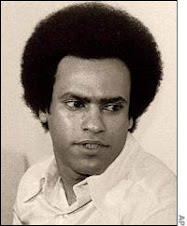




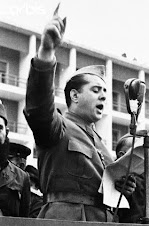







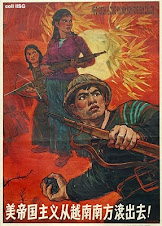



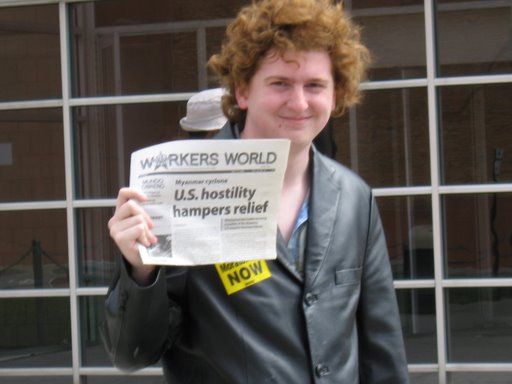

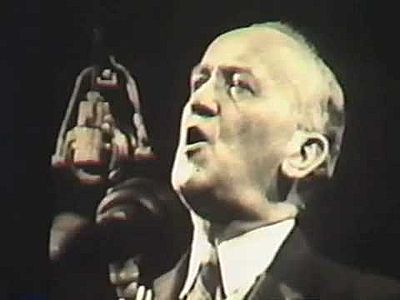

No comments:
Post a Comment